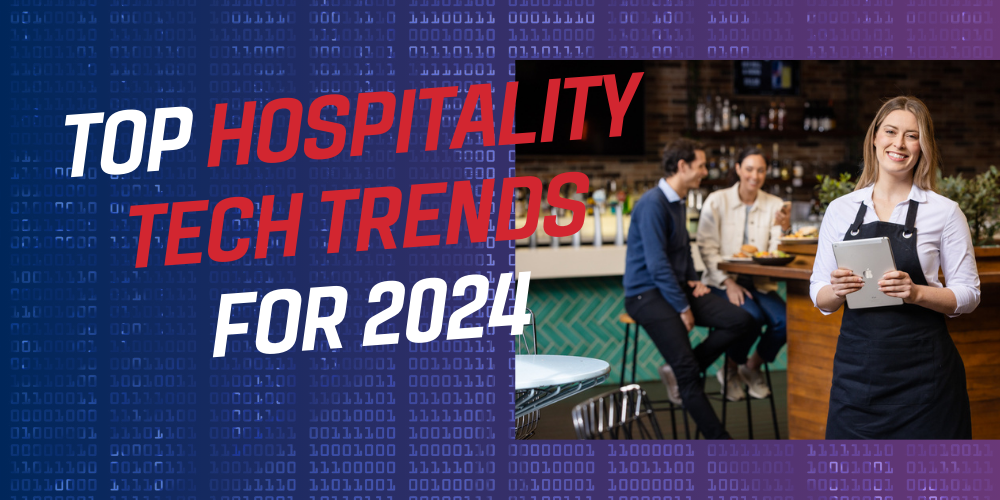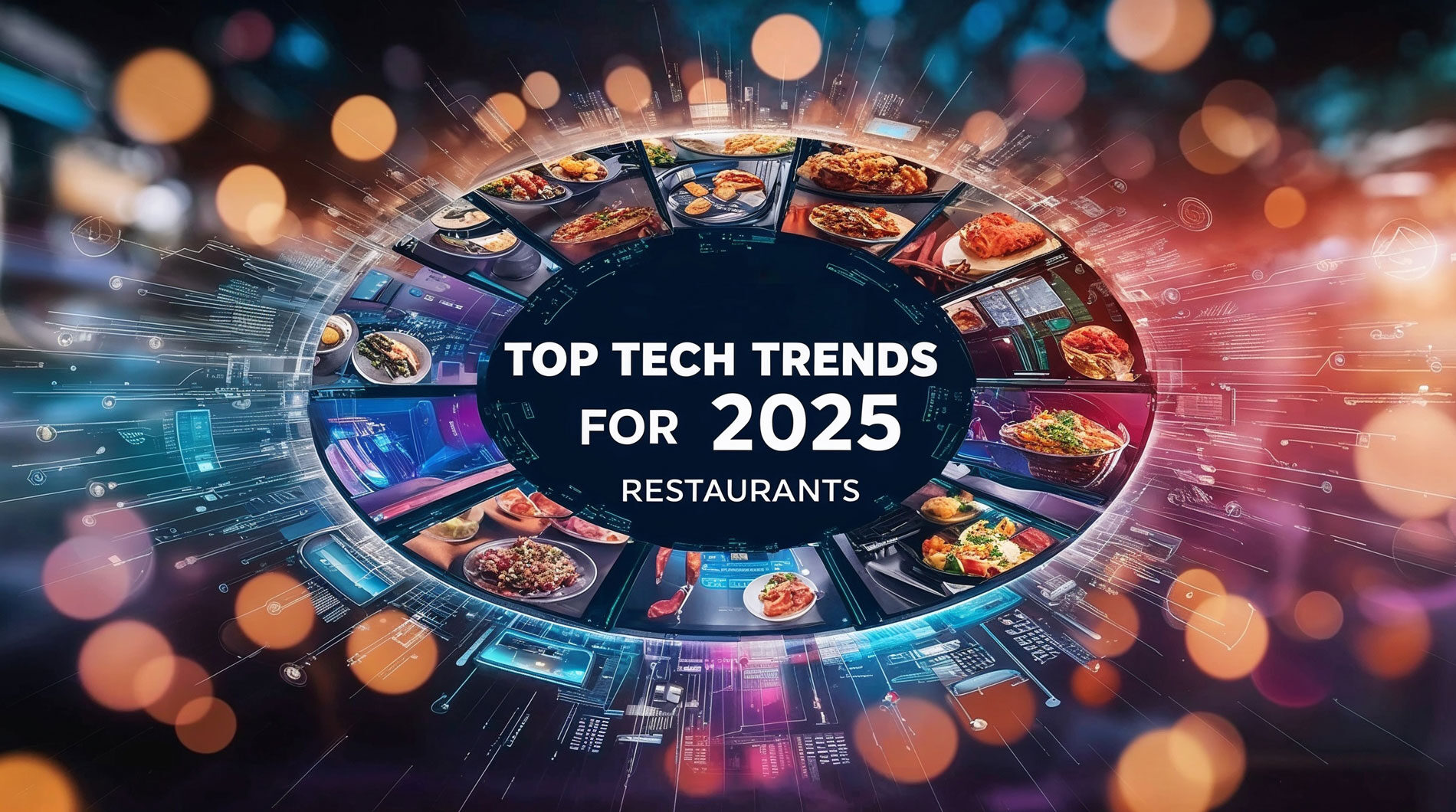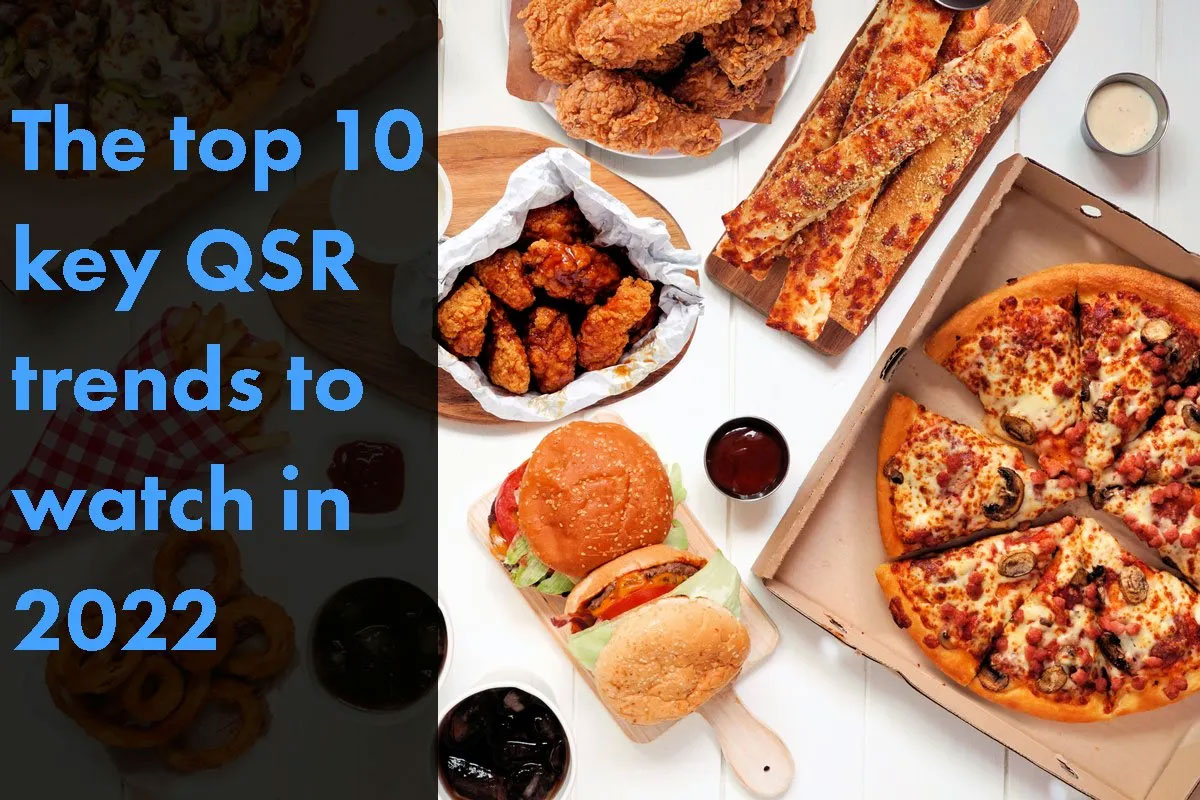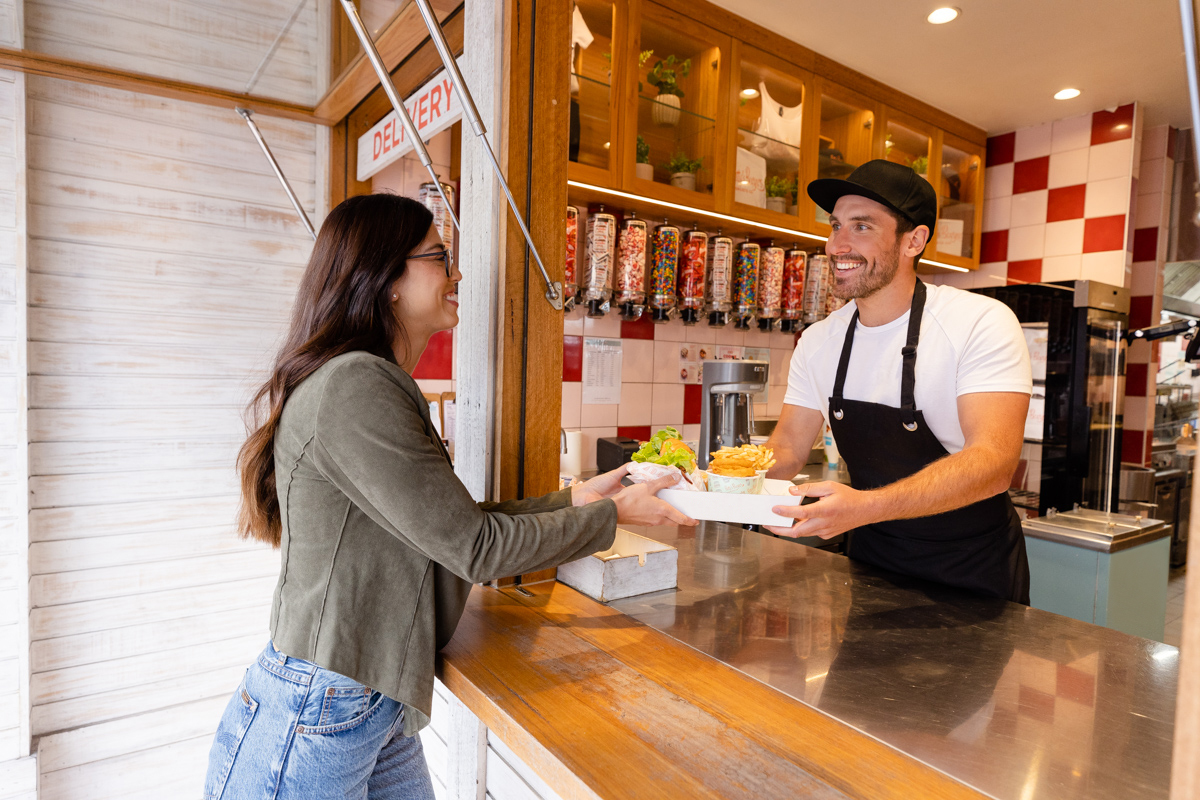The tech-driven evolution of QSRs and restaurants: top trends for 2025
As we move towards the end of one year, we traditionally look ahead to the next, and at Redcat we’re no different. We like to reflect on the progress...

As we approach the end of a year, we start to look ahead at what the next year will hold. In 2024, we can be said to be well and truly ‘post-pandemic’, with restaurants open and ‘normality’ restored. But there are lasting legacies from the turmoil of the early 2020s, and changes in the world of QSR and fast casual dining that are set to be permanent.
So what are the trends for 2024 in hospitality, and particularly in QSR? Here’s our view of the big themes and the hot topics for the year ahead.
Big themes
The trends for 2024 are driven by some underlying themes in the market: Firstly, consumers still can’t get enough of convenience, and the pandemic-era love affair with online ordering and delivery is going strong.
The labour shortage that started in the ‘great resignation’ of 2021 and 2022 is still making itself felt, and restaurants and QSRs across the country are looking for efficiencies allow them to offer the same experience with fewer staff.
Customer experience is still king, and the key to success in an increasingly competitive market. Competition has also made hospitality businesses acutely aware of the power of owning the brand experience from end to end, and of the value of customer data for meaningful insights.
When it comes to hospitality tech, these themes are manifesting themselves as an interesting array of trends that look set to dominate and direct the hospo sector in 2024:
Trend 1 - White Label delivery apps
The demand for the convenience of delivery and pickup, combined with a growing recognition of the need to manage the entire brand experience has led to an increasing trend towards White Label delivery apps such as Uber Direct and DoorDash. DoorDash, for example, has seen an 18% increase in delivery orders in the last year. With White Label, the QSR takes online orders directly (via app or website) and also offers an ‘own brand’ delivery. The service is actually provided by a white label provider, such as Uber Direct or DoorDash, but appears to the consumer as part of the QSR’s overall end-to-end brand experience. This not only strengthens brand image and loyalty, but crucially means that the brand owns its customer data – data which is invaluable for understanding consumer behaviours and developing campaigns to drive more business.
Trend 2 - Integration of online ordering with new pickup options
We’re used to online ordering for pickup or home delivery, but the demand for convenience has driven a trend towards additional pickup options – such as order ahead for drive-thru, and curbside pickup.
With order ahead for drive-thru, customers order from their app, then wait in the car park until they get a notification that their food is ready, then go to the drive-thru to pick it up. This pickup option is being used by Chipotle in the USA, and by Chick-Fil-A who, with over half their orders already being digital, realised that this was a natural addition to their convenience options and have built a 4-lane, dedicated pickup area that can cater for up to 75 cars .
Trend 3 – Robots
When you can’t get human staff – get a robot! Whilst they’re still a novelty in Australia, some restaurants are looking at robot waiters that can take orders in multiple languages and deliver food to tables at a fraction of the cost of human staff. Robot staff help restaurant owners who can’t find staff, or can’t afford them as wages surge, and also suit the pandemic-created generation who prefer service without the human touch.
In the kitchen, the use of robots is growing too – they can flip burgers (like ‘Flippy’ the robot at Caliburger), put toppings on pizzas and fry hot chips. Robots ensure consistent quality at lower cost than human kitchen staff.
Self-driving cars and drone delivery – with the growth of delivery, robot and automated technology is being used to expand capacity and reduce delivery times. For example, Domino's is already using self-driving robots for pizza delivery, and Kroger is using this tech for getting groceries to consumers’ homes.
Trend 4 – Artificial Intelligence
AI systems that can recognise human speech are helping to address staff shortages, reduce costs create a positive customer experience. Speech recognition is transforming drive thru, online ordering and kiosks.
AI recommendations – smart AI systems can suggest menu options, based on analysis of the combinations of items that other customers have ordered, helping to upsell and increase transaction size.
Predictive modelling – AI can help to predict demand, helping hospitality businesses to plan staffing and stock levels, driving efficiency and minimising cost and waste.
So as we move into 2024 and consumers continue to demand convenience and great customer service, and staff are still in short supply, technology is providing innovative and exciting solutions that are changing the face of the hospitality industry.

As we move towards the end of one year, we traditionally look ahead to the next, and at Redcat we’re no different. We like to reflect on the progress...

As the world and its restaurants are re-opening, the QSR industry can turn its back on the rollercoaster that was the last 18 months and look forward...

Working with a trusted partner is key to effective integration, development, and support.